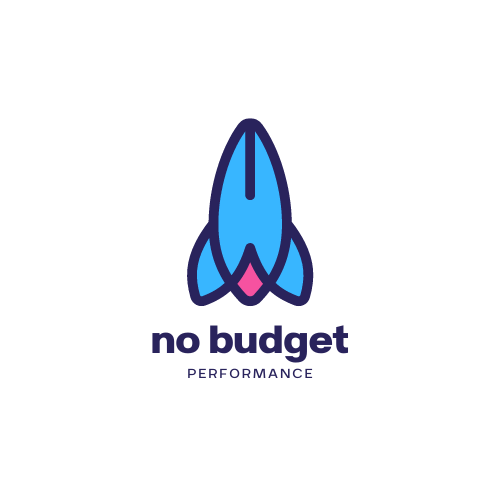What You Should Know About Setting up a Web Design Company in Brisbane
Today’s businesses realise the need and importance of creating their presence on the web. If you have the right skills, having a web designing company will be a fast and cheap option.
But before you move onto serious business, you need to do some planning and base work. Let’s have a look at certain things that you need to be aware of before setting up a web designing company.
1. Understanding your strengths and weaknesses help you choose what needs to be done. Know what you can do so that the rest can be left to someone who knows the job which will add value to your clients and also bring efficiency to your work. Do self-check in all areas including HTML, scripting, copywriting, branding, marketing, work estimates, communication, team leading, conflict resolution, finance, legal matters etc.
2. Identify your market which involves people who can make use of your skills. Always keep in mind that you are selling to a person or a group not a company. So try to understand them, their business, requirements and what will delight them. If you run out of ideas, ring up potential clients and ask them about their web-related needs.
3. Choose your client wisely. Get a client and a work that fits your comfort zone or that you are good with which will avoid you from freaking out. Ask yourself all major preliminary questions including whether:
• Do you want big or small clients?
• Do you want to take big risks?
• Do you want to be paid by job/day?
• Do you need to earn too much too soon?
• Do you want to take up responsibility for the whole job or part of it?
4. Protect yourself, but not to the extent that you are everything to everyone. Be unique, promote your strengths and try to turn your weaknesses to your advantage. Present yourself as well as possible to make an impression on your client.
5. Ensure that you put a reasonable price tag for your work. Usually clients like if you offer a price for the entire work rather than pricing by day or per hour. This will help tag a deadline to finish your work. It is important not to put too low a price for your time. Identify your work and price it accordingly. Most customers look for value, not cost.
6. Build a support network to which you can resort to if you aren’t able to solve something for your client. Get in touch with supportive people whose skills or specialties will be of help to you at an affordable rate. You could also choose to have a mentor who is not a direct competitor, but who can share experienced knowledge.
7. Make you see through a website. Put in your specialties, what you offer, accessibility, customer testimonials and so on. The entire content should let your prospective client know that you can deliver what they are looking for. Never be afraid to share your knowledge through your website. It is proof that you know what you are doing.
8. Continue on-the-job training. Technology never stands still. Keep yourself updated with the standards and practices. Though your day-to-day work gets you to know particular solutions, you should check out other ways too that can prove more effective. Formal education is good, but can never compete with practical expertise.
9. Satisfy and further, try to delight your customers. Try every possible way to go that extra mile to ensure your customer is more than satisfied. Get their testimonials and feedback and a delighted customer will definitely give you references, do grapevine marketing or give you further assignments.
